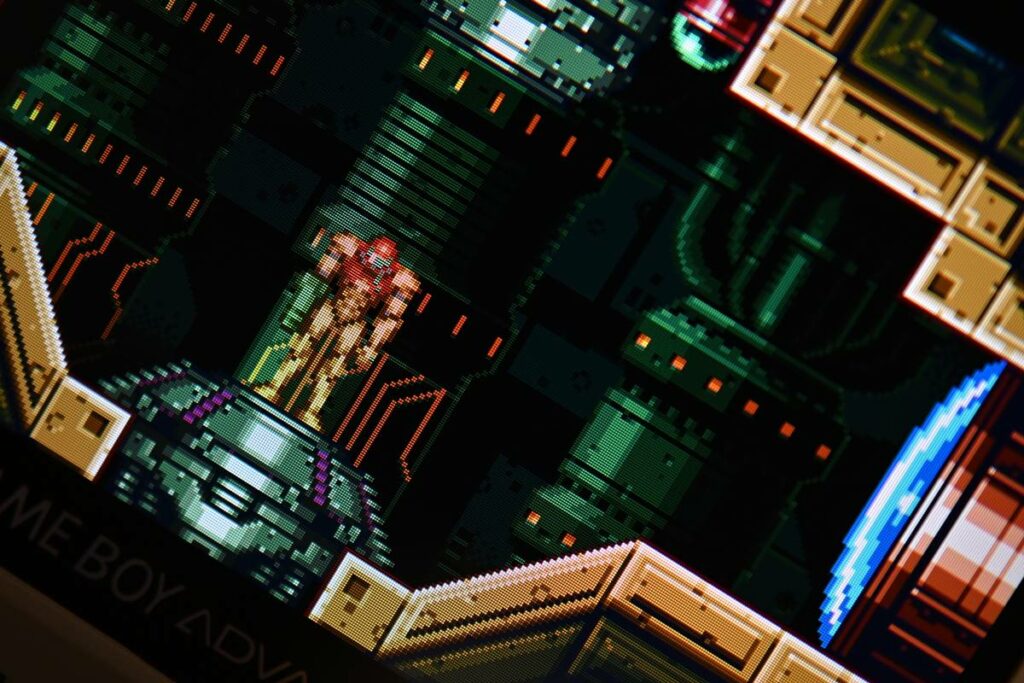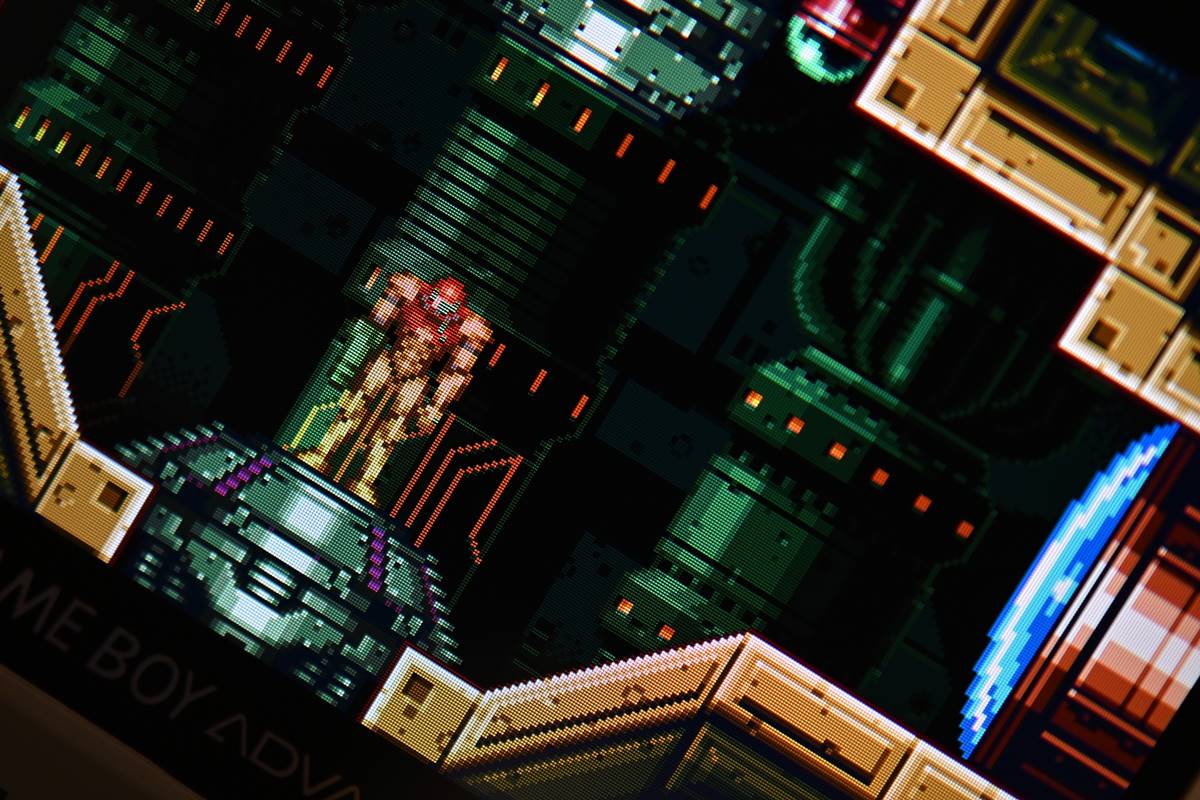It’s become far too common in the gaming world today. You load up a new game, disc or download, anticipation bubbling over after months, even years, of waiting. The clock strikes midnight, and just as you’re about to dive in - BAM! - a massive day-one patch rears its ugly head. This article will explore how the industry can improve its approach by taking a page from the Metroid Prime 4 development playbook.

And just like that, your excitement crashes back down to earth. That burst of gamer energy evaporates as you’re stuck staring at a sluggish moving progress bar, the only sound the whirring of your hard drive as it slowly decodes each byte.
Embracing Transparency: A Lesson from Metroid’s Development
While this news is old, announced a few years back, the fact that other studios haven’t adopted a similar approach is perplexing.
For those unaware, many Nintendo fans (myself included) eagerly awaited news about Samus Aran’s next FPS adventure since its limited unveiling in 2017. Finally, in 2019, we got an update - but not the one we hoped for.
Shinya Takahashi, Nintendo’s Senior Managing Executive Officer, delivered a surprisingly candid statement. The game, he explained, wasn’t meeting their standards and fell short of the quality they wanted to deliver to fans. In the same breath, Takahashi revealed that Metroid Prime 4’s development would be completely restarted, this time with series veterans Retro Studios now at the helm.
Raising the Bar: Learning from Metroid’s Approach
Initially, this announcement left many fans globally disappointed. However, this feeling soon gave way to a sense of optimism, like rays of sunlight breaking through storm clouds.
Nintendo’s willingness to acknowledge their missteps and restart development rather than release a subpar product demonstrated their deep commitment to their brand’s reputation and their respect for their fanbase.
Sure, day-one patches exist, but they often feel like a digital admission of failure - a failure to manage time, expectations, or both.
The gaming world has seen this time and again, both before and after Metroid Prime 4’s announcement. It’s baffling why more studios haven’t embraced this transparent approach, especially given the positive reception Nintendo received for their honesty.
Avoiding the Cyberpunk Scenario
This reluctance to delay releases and refine games until they’re truly ready reared its head most recently with Cyberpunk 2077. CD Projekt Red, known for their stellar work on The Witcher series and their generally positive reputation, faced significant backlash. Fans, many of whom loved their previous work, felt let down by a product that didn’t meet expectations. This is a prime example of what studios can learn from the Metroid development situation.
I don’t want to point fingers at the hardworking individuals at CDPR. I’m sure they poured their hearts into the project, aiming to deliver the best possible experience within the given timeframe. However, it’s likely they were under immense pressure, not just internally to release the game before the holidays, but also externally from Sony and Microsoft, both eager to boost sales of their new consoles, the PS5 and Xbox Series X.
Essentially, CDPR was tasked with developing five versions of the game: two for the older console generation, two for the new generation, and one for PC. Given the time constraints, the chosen genre (open world, notorious for bugs even in the best circumstances), and the pressure, the outcome is understandable, if disappointing.
Had they followed the Metroid development model, been upfront about the situation, and weathered the initial storm of fan disappointment, CDPR could have emerged with their reputation intact and a far more satisfied player base.
Of course, they likely had stakeholders and executives to answer to, just as Nintendo did.
A Flawed Launch Casts a Long Shadow
Even when games are patched quickly after release, the stain of a botched launch lingers. There are exceptions, of course. GTA V’s initial PC release had its issues, but the developers quickly course-corrected, releasing GTA V accounts, which exceeded all expectations.
My plea is simple: if your game isn’t ready, don’t release it. It’s better for everyone involved.
As the legendary Shigeru Miyamoto wisely said, “A delayed game is eventually good, but a rushed game is bad forever.”
